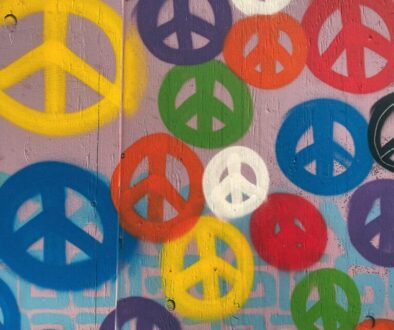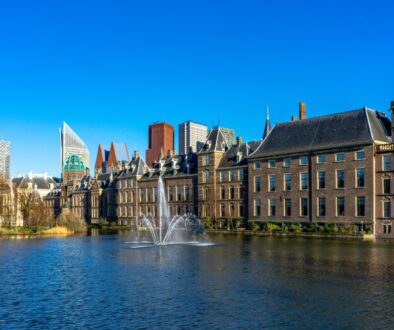The importance of cultivating inner peace for changemakers
Everyone knows the saying “peace begins within.” But what does that really mean? Is inner peace just a state of mind, or can it actually lead to positive change in the world around us?
It turns out that inner peace and world peace are intimately connected. When we find peace within ourselves, we naturally become more inclined to act in ways that promote peace and harmony in the world. We become more patient and understanding with others, more likely to forgive and let go of grudges, and more likely to stand up for what is right. We also become more aware of the interconnectedness of all life and start to see everyone as part of one big human family.
Inner peace doesn’t just make us better people; it also makes us better citizens. When we’re at peace with ourselves, we’re more likely to vote, get involved in our communities, and take care of the planet. We’re also less likely to support violence and war, because we know that there’s no such thing as a “just” war. If we want to create a peaceful world, it has to begin with each of us finding peace within ourselves.

Just as there are many different religions in the world, there are also many different beliefs about inner peace. For some, inner peace is a state of harmony and balance between the mind, body, and spirit. Others believe that it is a state of being at one with God or the Universe. Still others see inner peace as a state of serenity or calmness, free from the turmoil of negative emotions. Regardless of what it means to each individual, there is no doubt that inner peace is something that we all seek.
Interestingly, many of the world’s religions actually have surprisingly similar teachings when it comes to inner peace. For example, both Christianity and Buddhism teach that inner peace comes from letting go of desires and attachments. Hinduism teaches that inner peace comes from self-control and living in harmony with others. And Islam teaches that inner peace comes from submission to Allah and leading a life of righteousness. Clearly, there is much wisdom to be found in the teachings of the world’s religions when it comes to finding inner peace.

Above all, cultivating a culture of inner peace is important because it helps to create a more harmonious world. When we are at peace within ourselves, we are better able to navigate the challenges of daily life and relate to others with kindness and compassion. Furthermore, when we take the time to nurture our own wellbeing, we naturally become more interested in promoting wellbeing in the world around us. In this way, inner peace is the foundation for building a more peaceful world. In addition to creating a more harmonious world, cultivating a culture of inner peace is also important for our own individual wellbeing. When we are at peace within ourselves, we are better able to manage stress, overcome adversity, and enjoy life. Research has shown that people who have a high level of inner peace are also more likely to experience physical health benefits such as lower blood pressure and a stronger immune system. Therefore, cultivating a culture of inner peace is not only important for the world around us but also for our own individual wellbeing.
There are many ways to incorporate peace into your life on a daily basis. One way is to make sure to take time for yourself every day – even if it’s just 10 minutes to sit quietly and clear your mind. Another way is to spread positivity and kindness by performing small acts of service, like holding the door open for someone or complimenting a friend. You can also dedicate time each week to volunteering or networking with others who are working towards peace. And of course, one of the most important things you can do is stay informed and engaged in the world around you. By taking these small steps, you’ll be surprised at how much more peaceful your life can be.



